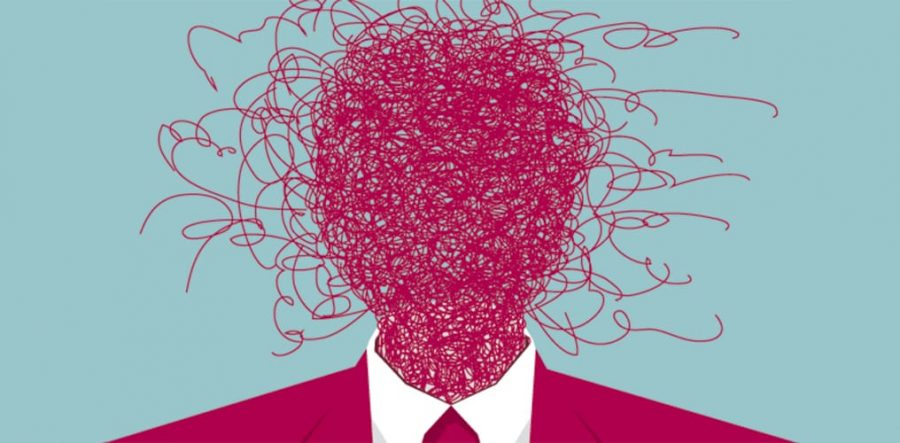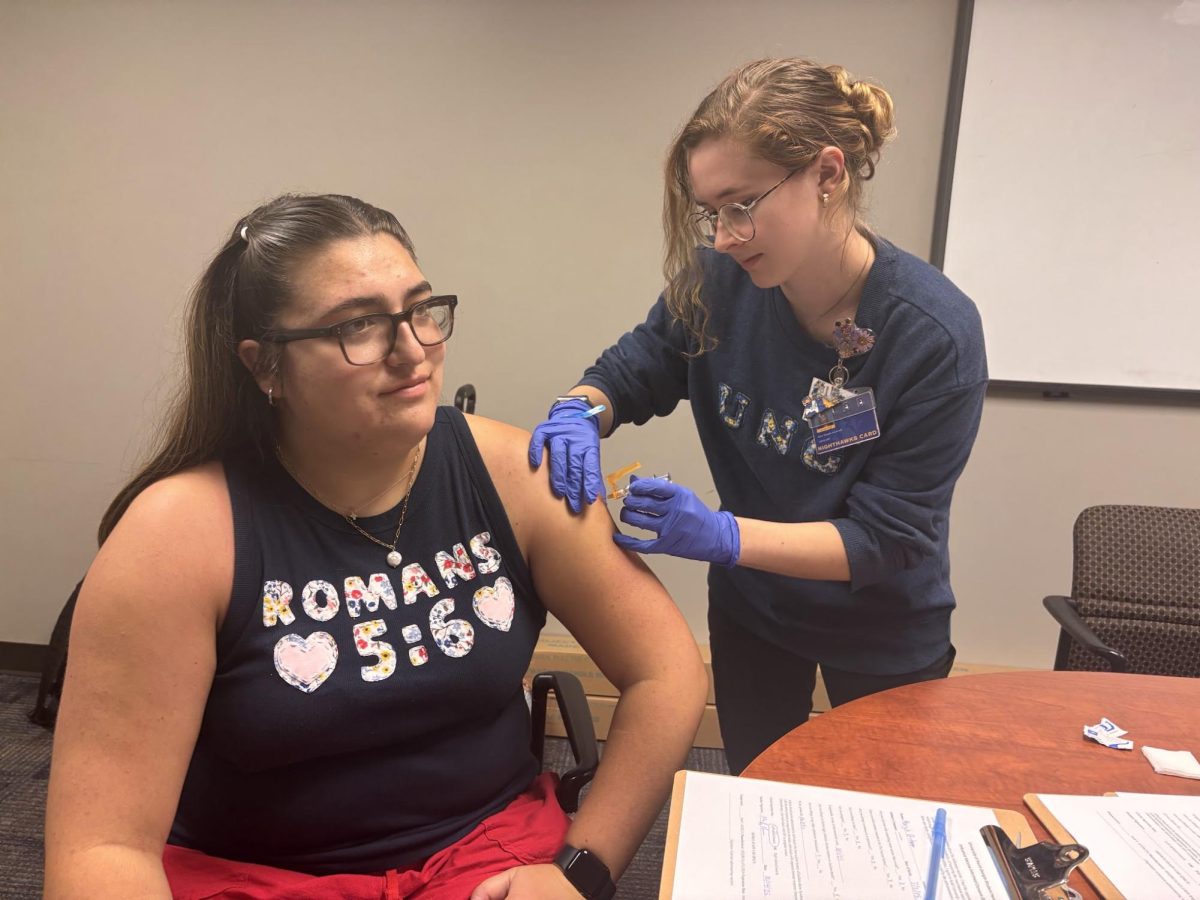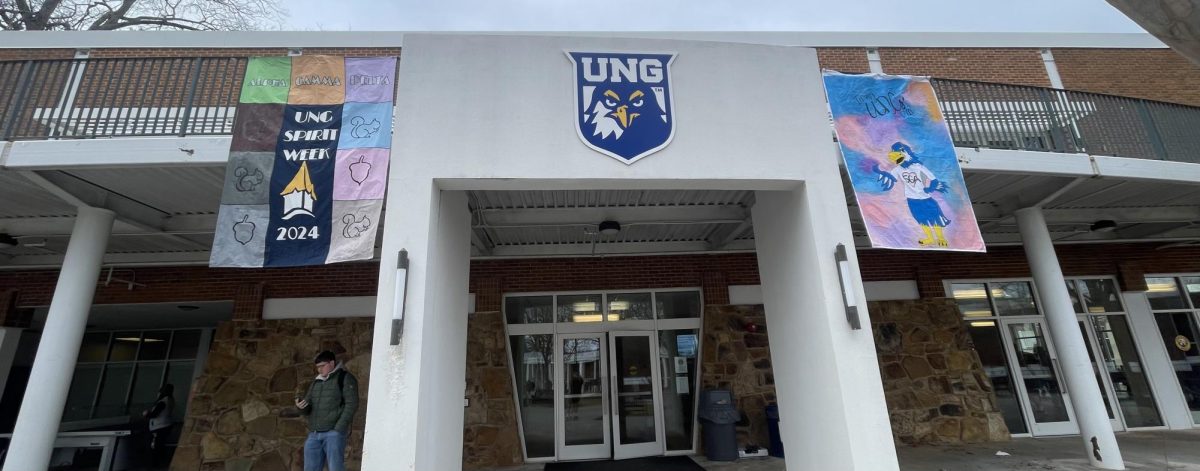Normalizing the conversation about mental health and therapy has occurred in recent years. Openly addressing mental health normalizes talking about mental disorders and promotes discussion that shows how it is just as important as physical health.
With the widespread of social media, younger generations have taken up social media networks like Tik-Tok, Instagram, and Twitter to spread awareness. Social media pages have helped give an effective open and safe space for others to feel socially connected to different people experiencing similar situations. Younger generations asking questions through an online presence has also helped mental health be more publicly addressed and talked about comfortably.
Associate Director of Counseling Services, Dr. Kel Lee Cutrell, said “I do believe that the younger generations are more comfortable talking about mental health and awareness. It has been exciting to watch this trend develop.”
The stigma around mental health and therapy is slowly decreasing as people have become more comfortable talking to someone about their mental illnesses. It has also helped that many celebrities are sharing their own personal struggles with mental health.
Among them; Demi Lovato’s battles with addiction and bipolar disorder, Chris Evan’s struggles with social anxiety, and Lady Gaga admitting to battling anxiety and depression in the beginning of her career.
Public health campaigns also have encouraged people to start that conversation and talk about it. Even during the COVID-19 pandemic the internet has helped with the expansion in participation with virtual zoom therapy sessions.
At UNG, the Nigel Cares Program was developed after a task force on the state level determined that students were in need for more resources on campus. Cutrell said “It will hopefully help de-stigmatize mental health, but also enhance resources for our students.”
“Our counseling centers stay full with students seeking for help. The stigma is decreasing with time and with each generation. This is a good sign.” – Dr. Kel Lee Cutrell
Counseling and therapy is not this frowned upon subject we can’t talk about but it is a resource that is beneficial to many. Cutrell explained how not every student needs counseling and some students may just need one or two sessions. But for those who do need a longer treatment, therapy helps make sense out of moments that feel chaotic.
“The counselor is trained to help explore your values, your thinking patterns and behavioral patterns.” said Cutrell.
UNG has a “See Something” report that anyone is able to fill out. To help a classmate or if you are concerned about a friend, it is recommended to take time to fill out this form. This will help get the needed resources to the student. Even if the friend does want to seek help, it is recommended to complete the form anyway. “You cannot force someone to seek help if they are not willing to do so. But you can fill this form out and administration will reach out to the student.”

































